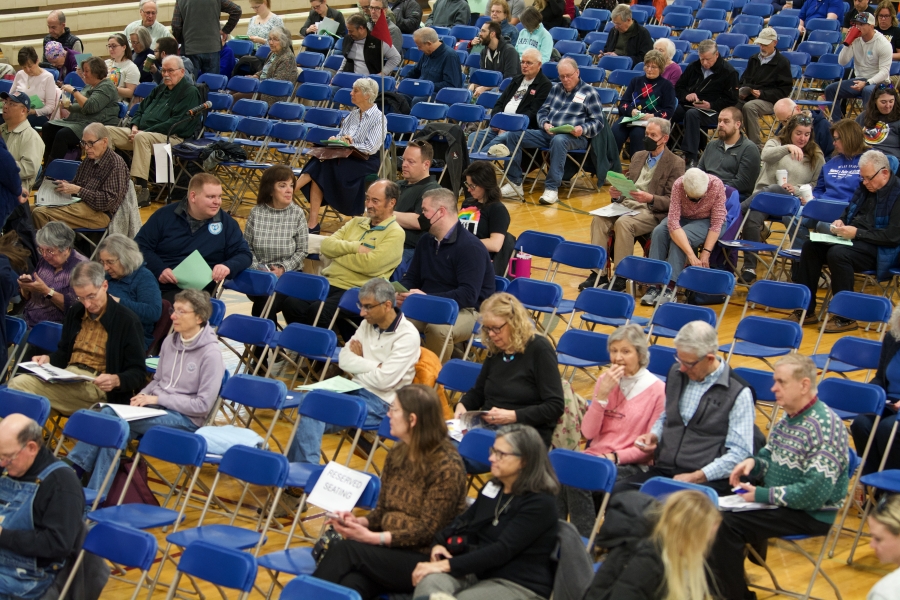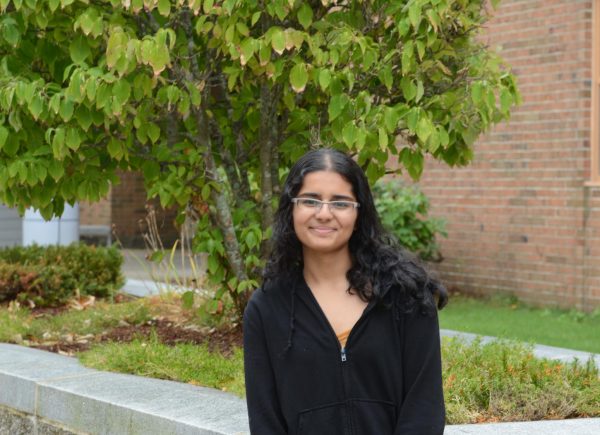Although handbook rules have generally remained the same for the 2024-2025 school year, certain disciplinary rules referencing the absence and AI policies have been emphasized following a rise in trends noticed by teachers.
The first major change to the AI policy came last year, when new technologies, such as Chat GPT and Gemini, first rose to prominence. This new update stated that students were not permitted to use AI-based language generators with little exception. This year, the excerpt was amended to allow AI technologies if they were used as part of a class assignment.
“I think AI can useful when used as part of the brainstorming process and your own personal learning process,” Dean Amanda Welch said. “The only time it gets dicey is when you try to pass it off like you created it. […] This year, we just changed the wording a little bit to say that if teachers wanted to use it as part of a lesson, then [it is fine].”
In addition to student integrity when it comes to the use of AI, the issue of skipping classes and unexcused absences was a topic brought up during class orientations. Currently, the attendance section states that 6 or more absences of any kind during a quarter can prevent a student from earning credit in their courses. One type of absence, however, has stood out as particularly concerning this year: skipping early blocks during assessments.
“If you continuously come in late and you have a test every time you’re late and missing the first block, then you need a dean’s approval to take the assessment,” Welch said. “[The rule] has been there for a couple of years, but it was just a friendly reminder, because we’re seeing a little bit of an uptick in tardies and dismissals that happened to fall on assessment or presentation day.”
In addition to encouraging student responsibility, these reminders also come after concerns from teachers who have felt the impacts of such absences. While it is common practice to create a make-up version of assessments, the strain on workload heavily increases when these unexcused absences become more common and intentional.
“It’s brutal. It’s hard enough making tests that are covering the material, yet different enough from year to year,” chemistry teacher Jeff Bucchianeri said. “And having to make two different versions every year, it’s good practice, but having to make a third [version] for the makeup or fourth for the one after the makeup is [a lot].”
For many students, such as junior Paige Markesich, the callout does not come as a surprise.
“I know some people do [skip tests] and I think teachers who are aware can choose to deal with it,” Markesich said. “[…] I think it’s fair because if you are skipping or plagiarizing, or ‘cheating the system’, you are going to have to learn later in life that you shouldn’t do that and [you should] have better study habits.”
With more emphasis placed on these policies, the ultimate goal is to prepare students for the future and encourage personal responsibility.
“We all know that students end up talking about the exam after, and we can’t really control that,” Bucchianeri said. “But, what we can control is during the time you take the test, and that you need a doctor’s note if you’re out. These are the rules of the real world.”







